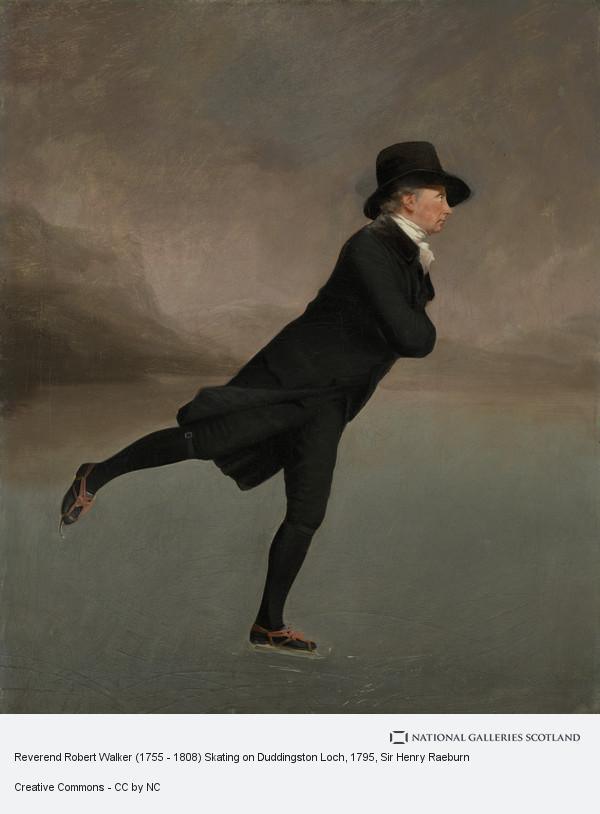Exploring The Regency Debutante
What is a Regency Debutante?
"Yes, Ma'am, all." "All! -- What, all five out at once? Very odd! -- And you only the second. -- The younger ones out before the elder are married! -- Your younger sisters must be very young?" "Yes, my youngest is not sixteen. Perhaps she is full young to be much in company. But really, Ma'am, I think it would be very hard upon younger sisters, that they should not have their share of society and amusement because the elder may not have the means or inclination to marry early. -- The last born has as good a right to the pleasures of youth, as the first. And to be kept back on such a motive! -- I think it would not be very likely to promote sisterly affection or delicacy of mind."Pride and Prejudice
The Regency debutante comes in very handy for authors like me, even though she is as individual as the writers who create her. She can appear in any shape or size--within a framework of having the ability to attract "Mr. Right," of course. (In other words, she can be anything as long as it's attractive enough for the purposes of a romance.) Half the fun of a Regency (or any romance) is being able to understand and relate to the heroine; therefore, she must be wonderful in some ways and definitely lacking in others; she must be attractive but not so perfect that you can't believe in her; she must strike a chord in every female reader who picks up your book, and any writer can create such a character simply by making her human. That is the one thing we ALL have in common, our humanity, with all its foibles and faults. But what is a Regency debutante? How is she different from other fictional heroines?
A dictionary will tell you that a debutante is “a young woman making a formal debut into society.” Originally, this meant that the young woman was eligible for marriage, and part of the purpose was to display her to eligible bachelors and their families with a view to marriage within a select upper class circle. Until 1958, debutantes in London were presented at court at the start of the social season. Only ladies who had already been presented were entitled to present another lady, which ensured the social exclusivity of the privilege. Most women were presented by their own mothers, but this would not be possible if their own mother had not been presented, or had died or was for any other reason unknown at court. Hence, it was possible to be presented, instead, by another eligible woman, provided she personally knew and could vouch for the lady being presented.
Thus the idea of sponsoring girls for the season began among courtiers and like other court fashions and trends, trickled down to all the upper class, and eventually the middle classes as well. Therefore, in addition to debutantes properly so called, older women and married women who had not previously been presented could be presented at Court. A mother-in-law might, for example, present her new daughter-in-law.*  In our case, it is Regency society, and this is the other half of the fun of a Regency novel.
In our case, it is Regency society, and this is the other half of the fun of a Regency novel.
No other time period was quite like the Regency; Jane Austen taught us how to poke gentle fun at it while also caring about those who were part of it; Georgette Heyer showed us ways to really turn up the volume (of fun), concocting plots full of characters plucked from many layers of that society The interesting thing about the Regency debutante is that she could be most anyone from any middle-to- upper class home in England. Most of the time, the young lady would be from a monied family, and was therefore supremely 'qualified' to join the “marriage mart.” But she might also be hiding a bankruptcy—it wasn't always easy to discover the truth in those days of slow travel and communication (by today's standards). Therefore, any country miss and her mama might aspire to a London “season” and there was always the chance of making an astounding success. (You see how it easily makes for the stuff of romance novels?)
So the Regency Debutante was any young lady of gentle birth making her "come out" into the wider society of adults of her community; if she were wealthy or could gather enough financial backing, (or had good connections) she could make that debut into London or Bath society, circles where the possibility of making a good match (marriage) were greater. Not all Regency novels use debutantes as their heroines, but to understand what "the season" was about, one must recognize this formal female creature! She often was not in for fun and games, despite the whirl of social entertainments on her schedule, but if she happened to be pretty, and even more important, wealthy, then upper class society was sure to welcome her. Another aspect that makes Regencies so enjoyable is the clothing needed for the debutante's season. The quantity AND the quality--it all counted, and it all makes for fun reading.
Furthermore, gowns worn for a court presentation to the Queen had to conform to elaborate standards, and even constituted their own catagory of fashion called court dress, which was highly formal. In particular, being prepared for the ritual included that the lady either carried feathers (usually in the form of an ostrich feather fan), or wore them as part of her headdress. These kinds of details, along with descriptions of social customs and manners, make delving into the era an experience you can enjoy again and again. Welcome to the Regency romance!
*****
Linore Rose Burkard is the author of Before the Season Ends, an Inspirational Regency Romance that readers love. She spent a great deal of time researching the period while writing her book. Visit her website to learn more about Ms. Burkard, or to subscribe to her free monthly eZine, "Upon My Word! Facts, Fashion and Figures of the Regency." Illustration from Tom Tierney's Empire Fashions Colouring Book a fascinating look at fashion from Jane Austen's lifetime. If you don't want to miss a beat when it comes to Jane Austen, make sure you are signed up to the Jane Austen newsletter for exclusive updates and discounts from our Online Gift Shop.


3 comments
Hello
I really loved this post, thank you for the information, every detail is so rich. I would like to ask about the renowned club, The Almarcks. I know the dances were held on Wednesdays but I wonder if this was in the morning, afternoon or evening?
Thanks again!
Brenda
Amazing read! Thank you for the wonderful article!
Analise Harpen
[…] The Regency Debutante […]
Regency Reader Questions: Seasons and Wards – Regency Reader
Leave a comment
This site is protected by hCaptcha and the hCaptcha Privacy Policy and Terms of Service apply.